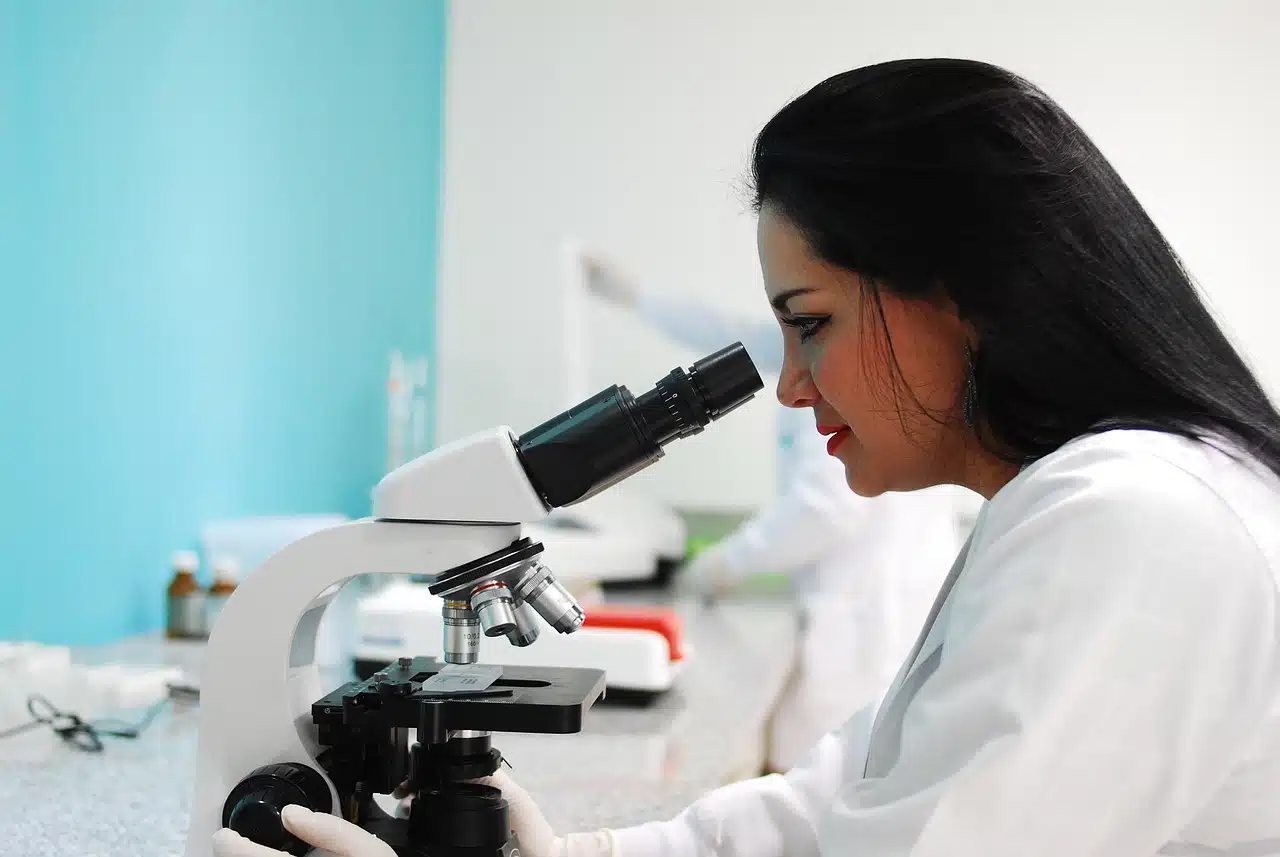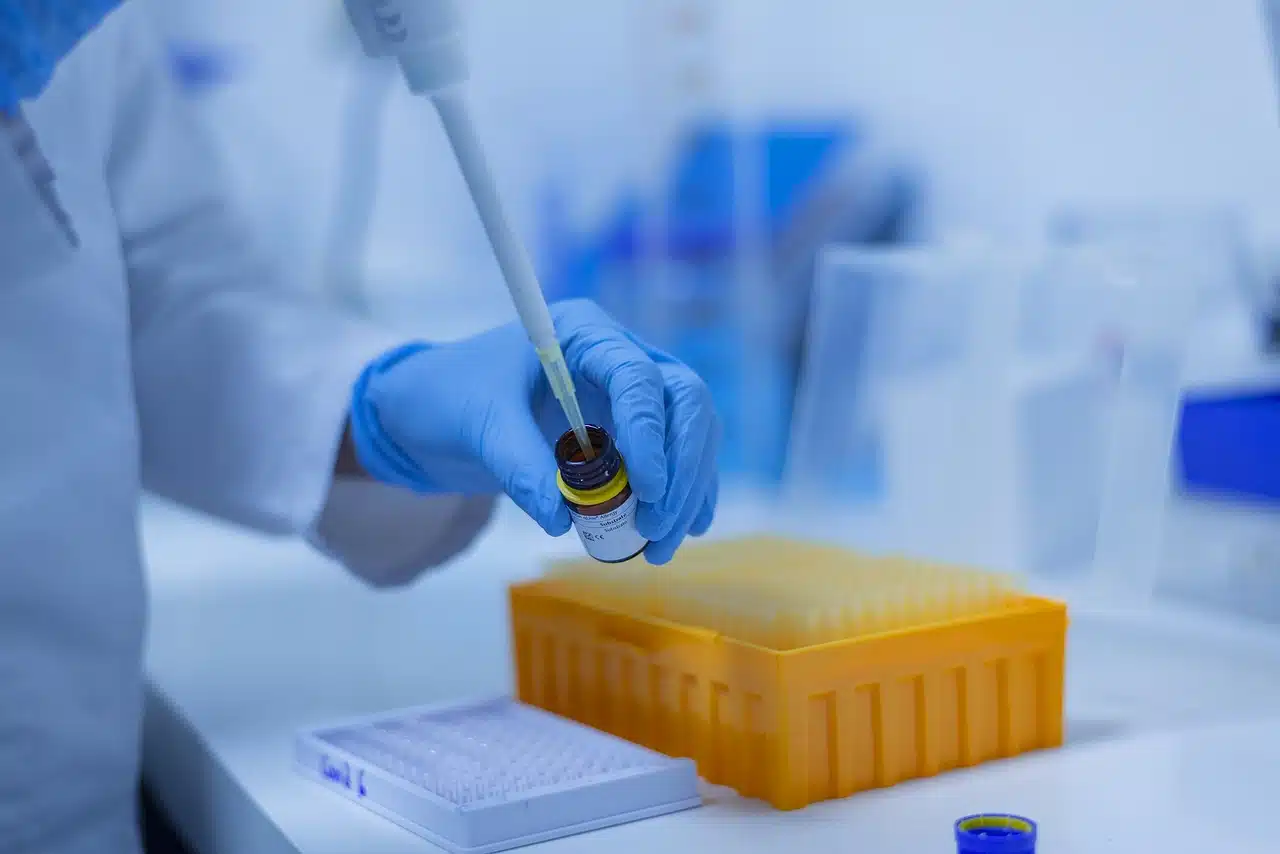
Observation, research and experimentation are essential phases to generate scientific knowledge.
Scientific knowledge arises from demonstrable events that are supported by evidence and are reflected in scientific theories . It is also related to the application of the scientific method to acquire and process, methodically and rigorously, more knowledge.
In this context, observation , research , experimentation , the stage of analyzing a fact or phenomenon and demonstration are essential since they show the way to arrive at a result and a verifiable and valid conclusion.
Thanks to scientific knowledge , as derived from reality, laws and processes linked to nature are understood, conclusions are reached that have worldwide validity and, ultimately, a precise and objective explanation is achieved regarding a large number of issues.
Generation of scientific knowledge
The generation of scientific knowledge is the result of the application of the scientific method , an essential process to validate, for example, a scientific law .
The scientific method requires an observation phase to establish the hypothesis that will be attempted to be confirmed with experimentation . This system is based on two aspects: reproducibility and falsifiability . The first describes the capacity of specific scientific knowledge to be reproduced at different times (always maintaining identical conditions) without affecting the result. The second is a quality typical of a theory , law or proposition that, after being considered true, admits a reevaluation with evidence aimed at contradicting it.
The principles and guidelines that characterize the scientific method seek to reduce subjectivity and strengthen the validity of each result, although it cannot be overlooked that there are no uniform conditions or requirements in all areas of science . Depending on how complex the paradigm and other variables are, each scientific research and activity may need a particular model when using the scientific method .
Hand in hand with science and professional evaluation , to describe a specific case of enormous relevance for our planet, problems focused on the environment can be resolved and actions can be directed that favor and stimulate sustainable development . Scientific knowledge is vital when taking measures or implementing strategies that stop or reverse damage that affects nature and threatens multiple forms of life.
Of course, neither the scientific method nor scientific knowledge are without limits. Science, at least for the moment, cannot provide answers to everything. It is enough to read a scientific journal to find, at the end of a research article, clarifying comments about the limitations of the study in question. This happens, among other reasons, because sometimes there are uncontrolled factors and optimal scenarios are not always generated to ensure the effects and reproducibility of the experimentation.

A well-equipped laboratory allows researchers to work comfortably, fulfilling each stage of the scientific method.
Relationship between science, technology and innovation
The relationship between science, technology and innovation is close and constantly feeds back.
Scientific knowledge increasingly adds more practical applications, thus having a considerable social impact . In any case, it is essential to deepen knowledge day by day, strengthen the scientific field and generate both tools and policies so that experts in scientific issues and those in charge of carrying out research have favorable working conditions available.
Science has always been, and will be, key to the progress of humanity. With scientific knowledge , and thanks to the tireless work of figures such as Marie Curie and Bernardo Houssay (in both cases we are referring to personalities who won, among other distinctions, a Nobel Prize ), many disciplines have been revolutionized.
In Physics , specifically, Newton's laws managed to provide answers about how bodies move, while in Genetics, Mendel's laws marked a before and after. To this day, there is no doubt: throughout the history of science there were milestones that abysmally modified reality. Biology , for example, took giant steps thanks to the findings of Gregor Mendel .
Nowadays, when scientific and technological advances enhance each other, benefits and solutions are achieved so that, to describe a possibility, Medicine improves and speeds up diagnoses and implements effective treatments for different pathologies. Modern vaccines, such as those that have emerged in the wake of the COVID-19 pandemic , are a clear demonstration of science and technology united for the good of humanity.
By focusing on Computer Science , we can also come into contact with the surprising artificial intelligence that, despite causing certain controversies due to some of its forms of practical application , is consolidating itself as a tool capable of making possible what we want. , until recently, seemed impossible or very far away.

Technological and scientific advances allow, for example, the development of increasingly effective and safe vaccines.
Controversies and challenges around scientific knowledge
There are controversies and challenges around scientific knowledge that are raised, analyzed and resolved to the extent possible when they are put on the agenda at a conference , symposium or other event where prestigious and experienced researchers meet.
Although there are topics, debates and interests of scientific professionals, it is necessary and useful that scientific education is present at all stages of life and is accessible to all sectors of society. It is essential to awaken and stimulate, especially in the little ones but also in young people and adults, the desire to investigate and learn, curiosity and critical thinking .
It is also necessary to take advantage of the reach of the mass media to directly and simply transmit certain concepts so that people are clear about some issues related to science . In this way, the risk of deception or cheating that can lead to very serious situations and irreparable damage is minimized because, unfortunately, scientific fraud exists and it is essential to unmask those who commit it.
More than one pseudoscience has even gone so far that it has forced experts in Psychology and in different branches of Medicine to publicly warn about the dangers of trusting those who profit from the pain, ignorance and despair of others by promising treatments, solutions. and "alternative" remedies that lack scientific support.
